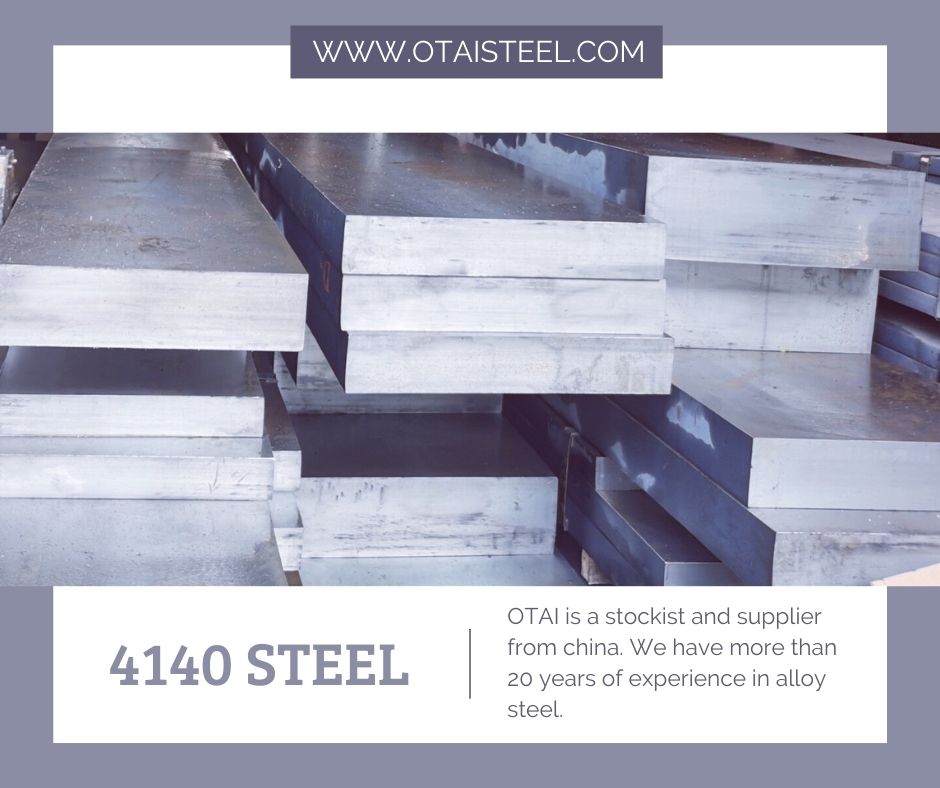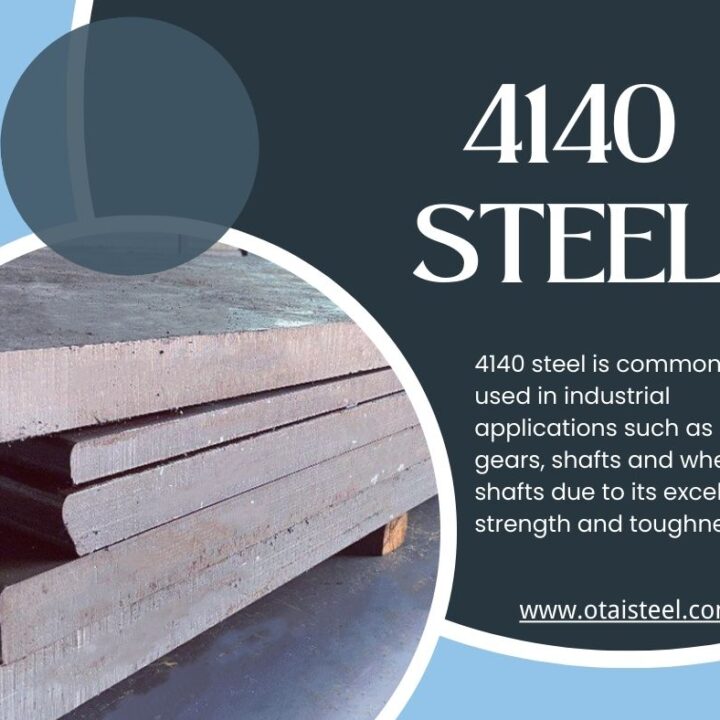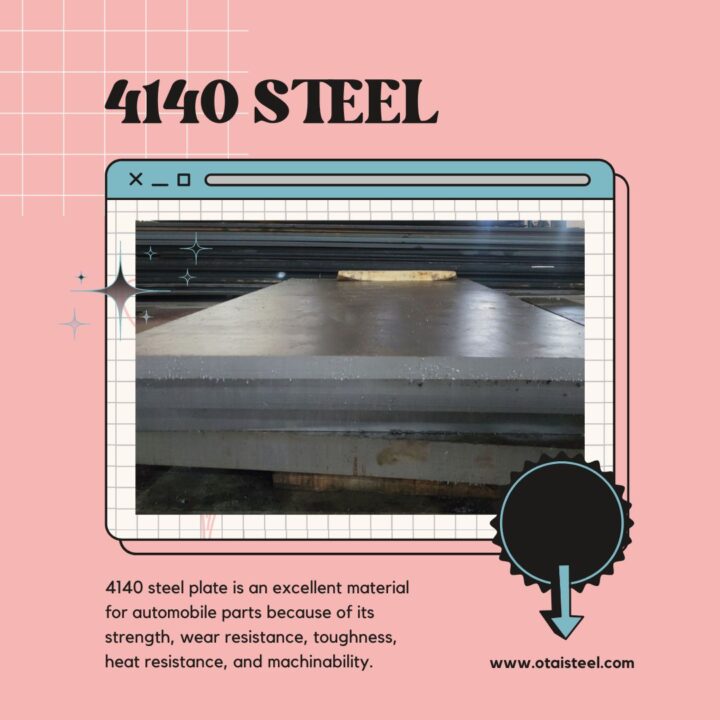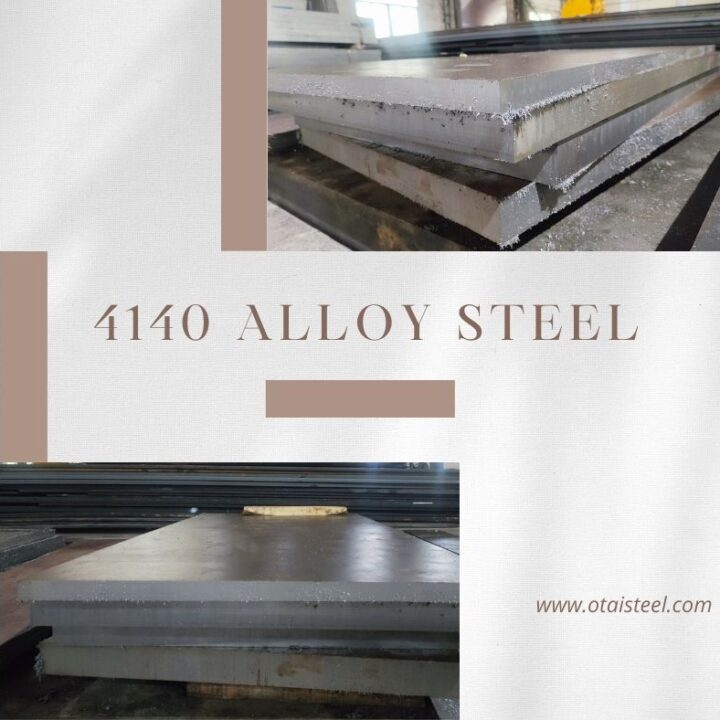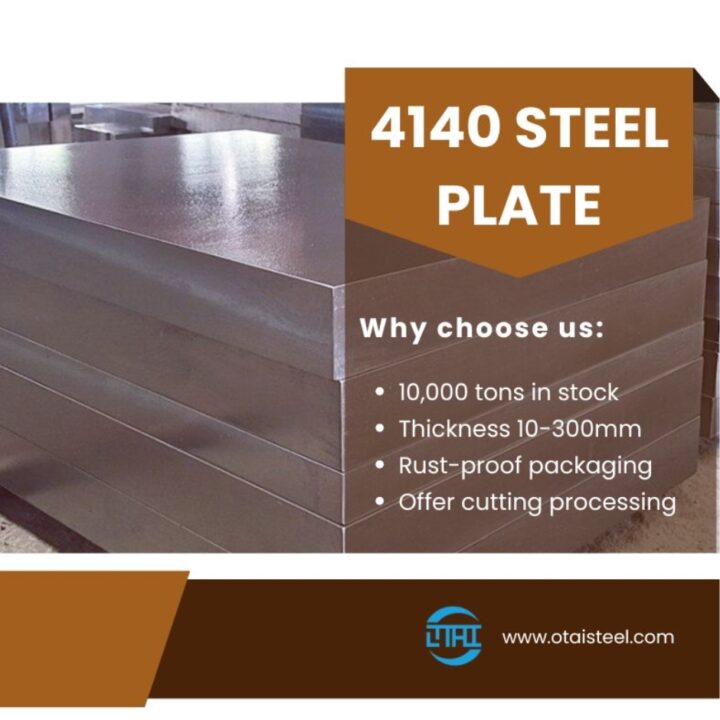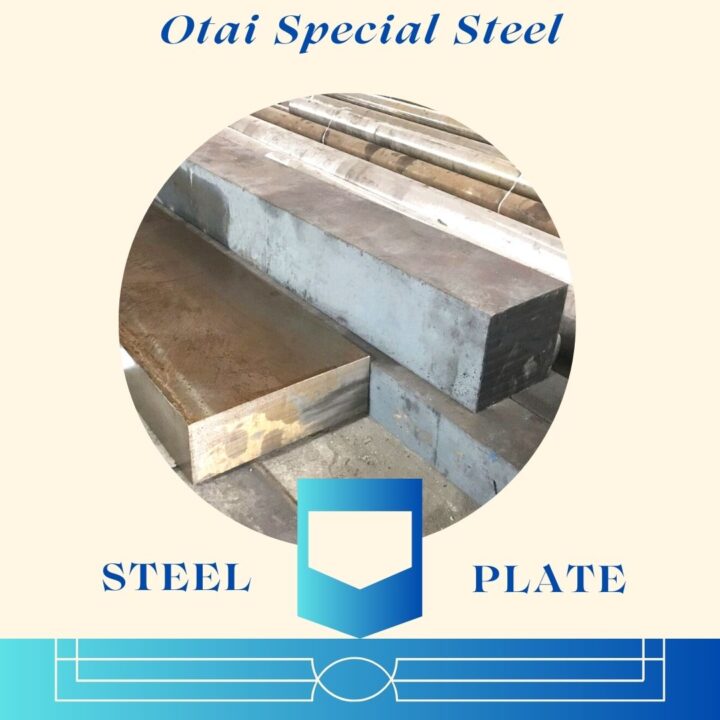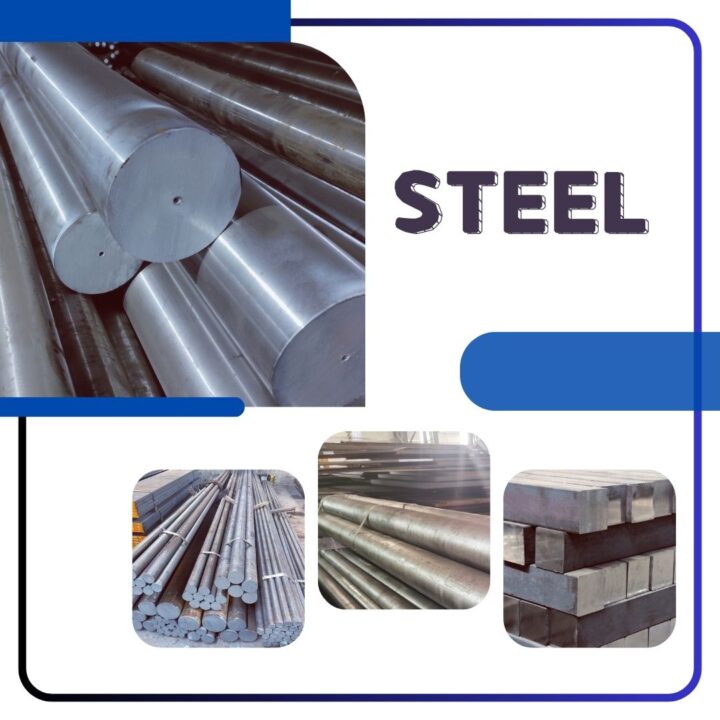The History and Evolution of 4140 Steel: From Military to Manufacturing
4140 steel is a popular alloy steel with a long history dating back to World War II. It was originally developed for military purposes and later became a major material in manufacturing and engineering.
During the war, 4140 steel was used in the manufacture of various parts for military vehicles and aircraft, as well as weapons and ammunition. Its high strength, toughness, and durability make it a valuable material for these applications.
After the war, the use of 4140 steel was extended to commercial applications.
Its strength and durability make it ideal for manufacturing machinery, tools, and equipment that require high performance and reliability.
Over the years, the composition of 4140 steel has changed and other elements have been added to improve its properties. For example, adding molybdenum improves the material’s strength and toughness, while chromium enhances its corrosion resistance.
Today, 4140 steel is used in a wide range of industries, including aerospace, automotive, construction, and oil and gas. Commonly used in the manufacture of gear, shaft, wheel shaft, and other components requiring high strength and durability.
4140 steel’s popularity is due in part to its versatility. It can be heat-treated to obtain a wide range of properties, making it suitable for a variety of applications. In addition, its cost is relatively low compared to other high-performance materials, making it an attractive option for manufacturers.
In recent years, the demand for sustainable materials in the manufacturing industry has been growing. As a result, there has been a shift to using recycled 4140 steel to reduce waste and conserve resources.
The history and evolution of 4140 steel prove its durability and versatility. From its early military applications to its widespread use in modern manufacturing, 4140 steel has proven to be a valuable material that continues to evolve and adapt to the needs of a variety of industries. (The Evolution of 4140 Steel)
